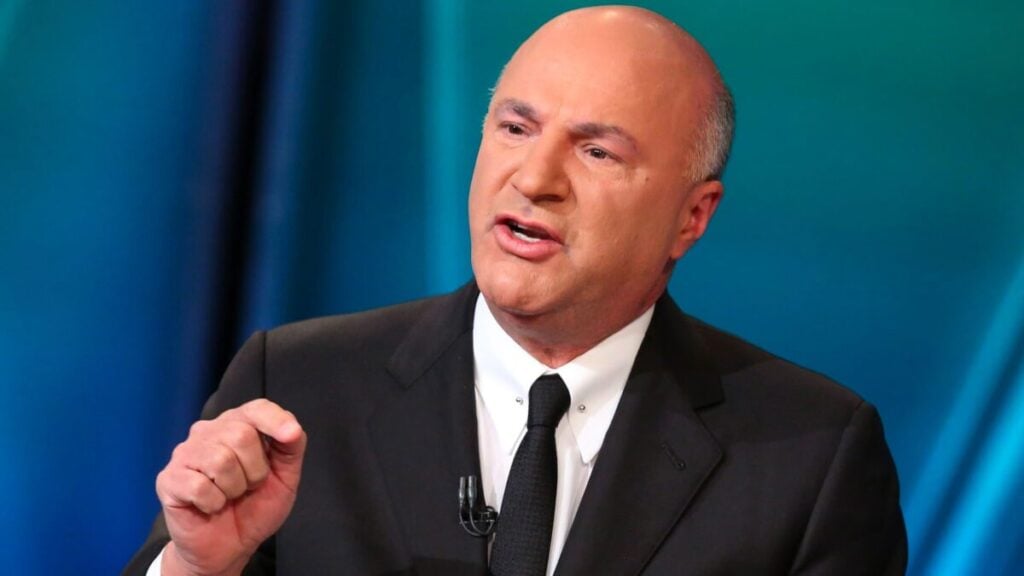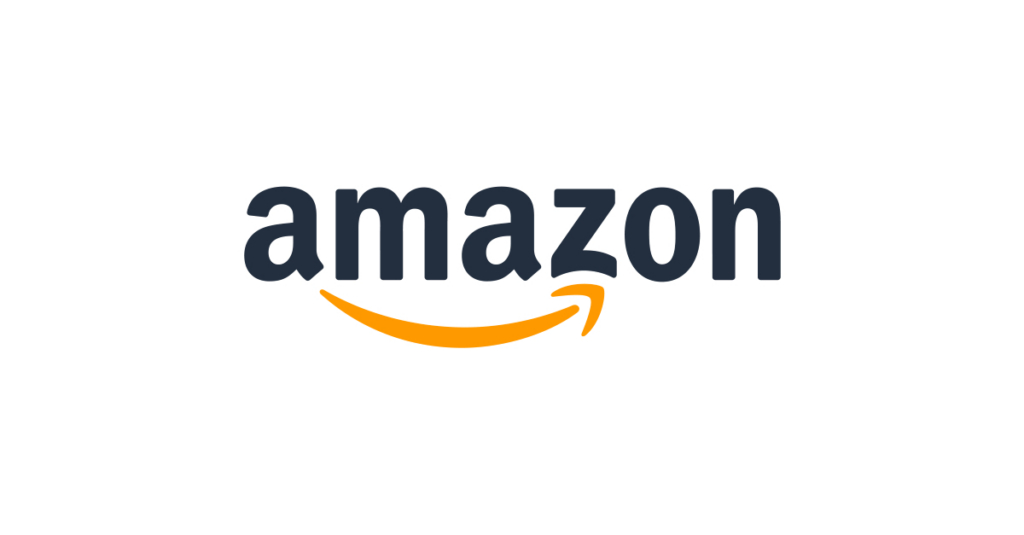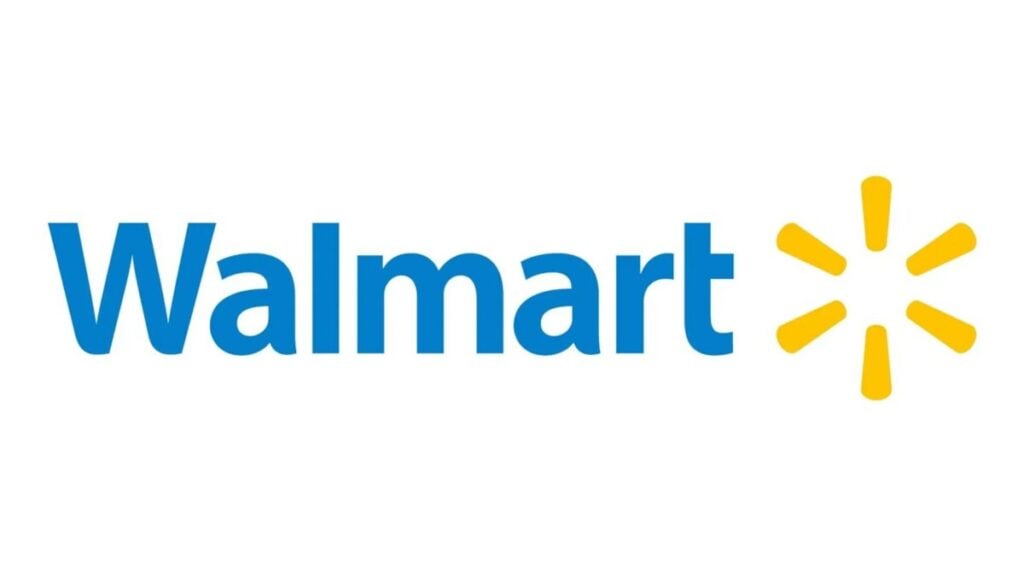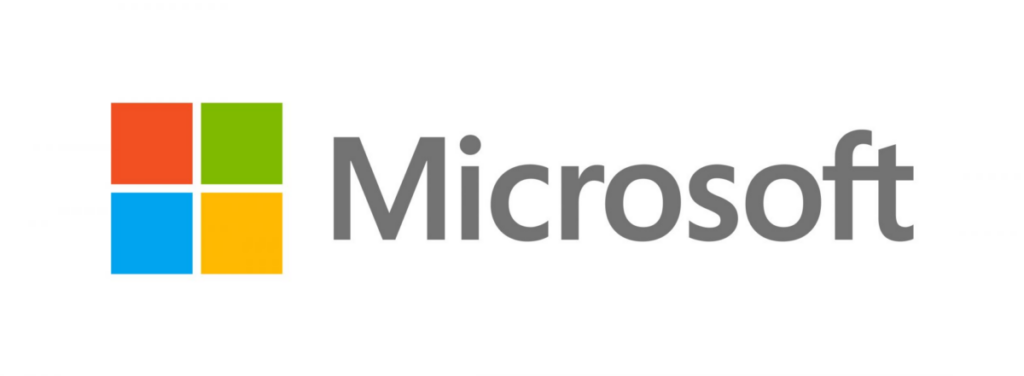With TikTok’s future in the United States hanging by a thread, speculation about potential buyers is reaching a fever pitch. The platform, a cultural phenomenon with over 1.5 billion users worldwide, faces a January 19, 2025, deadline to change ownership or risk being banned in the U.S. This ultimatum, driven by national security concerns, has sparked a high-stakes bidding war among prominent names and corporations eager to acquire TikTok’s U.S. operations.
The central question now is: Who has the resources, strategy, and vision to take on TikTok and secure its future in the U.S. market? Let’s explore the potential contenders and what they bring to the table.
Why TikTok Might Be Up for Sale
The U.S. government has made it clear: ByteDance must sell its U.S. operations, or TikTok will be banned. Lawmakers and regulators cite fears that the Chinese government could misuse TikTok’s vast data on American users or manipulate content for propaganda. Without a buyer, TikTok could lose access to app stores and internet hosting in the U.S., effectively ending its operations domestically.
Apart from causing damage to its reputation, a potential ban can also cause untold amounts of damage to its vast user base. Both influencers and businesses rely on the app for everything from marketing and advertising to keeping up with trends.
The Leading Contenders
Several major figures and corporations have emerged as potential buyers, each with unique motivations and challenges.
Frank McCourt
Frank McCourt, a billionaire investor and former Los Angeles Dodgers owner, has proposed a $20 billion bid for TikTok through his initiative, Project Liberty. McCourt envisions a decentralized internet where users control their data, making TikTok the centerpiece of his ambitious plan. However, McCourt’s bid would only cover TikTok’s U.S. operations, leaving out the proprietary algorithm that makes the platform so successful.
McCourt stated,
“The internet is broken, and it’s urgent that we fix it. This acquisition would allow us to return power and control to users.”
However, critics question whether his vision is feasible without access to TikTok’s algorithm, which the Chinese government is unlikely to part with.
Kevin O’Leary
The “Shark Tank” investor has also thrown his hat into the ring, expressing interest in leading a syndicate to acquire TikTok. O’Leary advocates for retaining a 20% Chinese ownership stake while creating an American-led board and leadership.
He described TikTok as “one of the most successful advertising platforms in social media today,” highlighting its unmatched reach and engagement.
Speaking on Fox & Friends, O’Leary said:
“I’d have to put together a syndicate of American and sovereign wealth money approved by this committee of the House,”
He continues, saying:
“I would ask permission to leave 20, 30% with the Chinese people because they’ll have a non-control, passive position. They will not control the board. They will have no say in how we operate the company,”
However, questions remain about how O’Leary’s plan would address U.S. regulators’ national security concerns.
Bobby Kotick
Former Activision Blizzard CEO Bobby Kotick has expressed interest in acquiring TikTok. In March 2024, Kotick discussed the possibility of purchasing the platform with potential partners, including OpenAI CEO Sam Altman, during a conference dinner.
Kotick’s extensive experience in the tech and gaming industries positions him as a notable contender. However, the estimated valuation of TikTok’s U.S. business poses a significant financial challenge. Analysts suggest that the platform could be valued at around $300 billion, making any acquisition a substantial investment.
Amazon
Amazon is another logical contender, with its existing e-commerce dominance and interest in social media as a marketing tool. However, Amazon’s potential acquisition of TikTok has so far been a topic of speculation.
Integrating TikTok into Amazon’s ecosystem could enhance its advertising capabilities and provide deeper engagement with younger demographics. Recent collaborations between the two companies have further fueled these discussions.
In August 2024, TikTok announced that U.S. users could purchase items from Amazon without leaving the TikTok app. This partnership allows users to link their Amazon and TikTok accounts, streamlining the shopping experience.
In a TikTok blog post, the company highlighted the significance of this integration, stating,
“We’re excited to collaborate with Amazon to offer a seamless and fun shopping experience. We look forward to supporting our community and keeping them inspired and entertained!”
However, such a move would not be without challenges. Regulatory scrutiny is a significant concern. The House Select Committee on China has expressed apprehensions over Amazon’s growing relationship with TikTok, given the latter’s Chinese ownership. In a Bloomberg statement, a committee spokesperson noted,
“The Select Committee conveyed to Amazon that it is dangerous and unwise for Amazon to partner with TikTok given the grave national security threat the app poses.”
While Amazon’s acquisition of TikTok could offer significant strategic benefits, it would also entail navigating complex regulatory landscapes and making a considerable financial commitment.
Walmart
In 2020, Walmart actively pursued an acquisition of TikTok’s U.S. operations, viewing the platform as a strategic asset to enhance its e-commerce capabilities and connect with younger consumers.
At that time, Walmart partnered with Microsoft to submit a joint bid for TikTok, aiming to integrate e-commerce and advertising functionalities to better serve omnichannel customers and expand its third-party marketplace.
Although the 2020 deal did not materialize, Walmart has continued to explore collaborations with TikTok to leverage the platform’s vast user base. In early 2024, Walmart Connect, the company’s advertising arm, partnered with TikTok to offer in-feed ads, enabling advertisers to reach consumers through immersive full-screen video formats.
This initiative resulted in engagement rates twice as high as TikTok benchmarks and a 3.5x increase in return on ad spend (ROAS).
Walmart’s Chief Financial Officer, John David Rainey, has emphasized the company’s commitment to modernizing its shopping experience and attracting a broader customer base. In a recent statement, Rainey noted, “Today’s Walmart is very different from the Walmart of several years ago,” highlighting efforts to improve store appearances and expand online offerings.
While Walmart’s interest in TikTok aligns with its strategic goals to enhance e-commerce and engage younger audiences, the logistical and regulatory complexities involved in owning and operating a social media platform may present significant hurdles.
Microsoft
In 2020, Microsoft engaged in discussions to acquire TikTok’s U.S. operations amid national security concerns raised by the U.S. government regarding the app’s Chinese ownership. Microsoft’s CEO, Satya Nadella, described the experience as “the strangest thing I’ve ever worked on.“
Nadella elaborated on the situation, stating, “It is an interesting product.“
Despite the potential benefits, the negotiations faced significant challenges. In September 2020, Microsoft announced that ByteDance had decided not to sell TikTok’s U.S. operations to them. The company expressed confidence that their proposal would have been beneficial for TikTok’s users while addressing national security concerns.
Given the complexities encountered during the previous negotiations, including regulatory hurdles and geopolitical tensions, Microsoft may be hesitant to revisit a similar opportunity in the future.
Challenges Facing Potential Buyers
Acquiring TikTok isn’t a straightforward process, and any prospective buyer will need to navigate a complex set of hurdles.
Both the U.S. and Chinese governments must approve any sale of TikTok, adding layers of complexity to the negotiation process. China’s export controls on technology, particularly concerning TikTok’s algorithm, could impede a complete sale.
Chinese officials have indicated that any divestiture involving technology exports must follow China’s regulatory approval procedures, suggesting that China could block a forced sale.
Estimates of TikTok’s value vary widely, ranging from $20 billion to over $100 billion, with some analysts evaluating it as much as $300 billion, depending on factors such as the inclusion of its proprietary algorithm. Analysts suggest that without the algorithm, TikTok’s valuation could be significantly lower, complicating pricing negotiations for prospective buyers.
Separating TikTok’s global operations from its parent company, ByteDance, involves intricate logistical and technical challenges. The platform’s infrastructure and algorithm are deeply integrated with ByteDance’s systems, making a clean separation difficult.
Additionally, the U.S. Court of Appeals for the District of Columbia Circuit upheld a law requiring ByteDance to divest TikTok’s U.S. operations, adding legal pressures to the operational complexities.
What’s Next?
With several prominent names expressing interest, the race to acquire TikTok is heating up. Frank McCourt’s vision for user-controlled data, Kevin O’Leary’s syndicate, and the potential re-emergence of big players like Amazon, Walmart, and Microsoft all present intriguing possibilities.
However, time is running out for ByteDance to finalize a deal before the looming ban deadline. If ByteDance fails to do so, the United States will join the list of countries that have banned the app.
As negotiations and speculation continue, one thing is certain: the future of TikTok in the U.S. will depend on the ability of prospective buyers to navigate legal, regulatory, and operational challenges. Whether TikTok will find a new home or face an uncertain fate remains to be seen.






